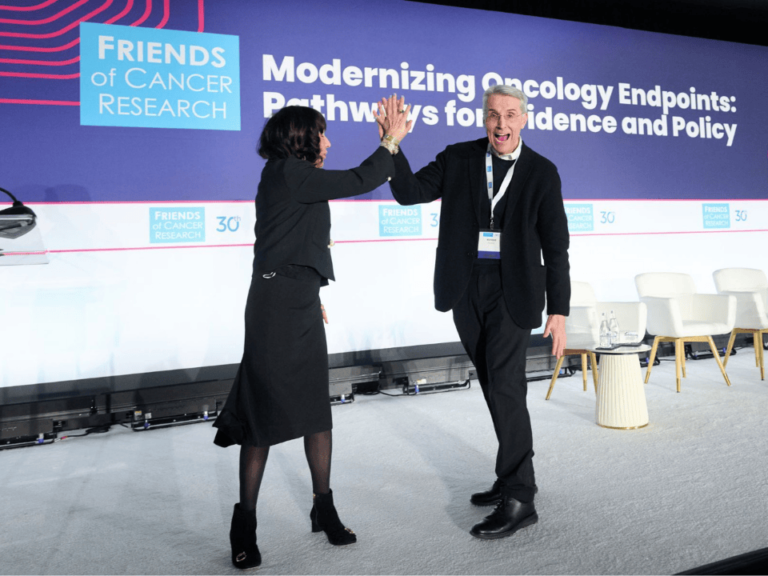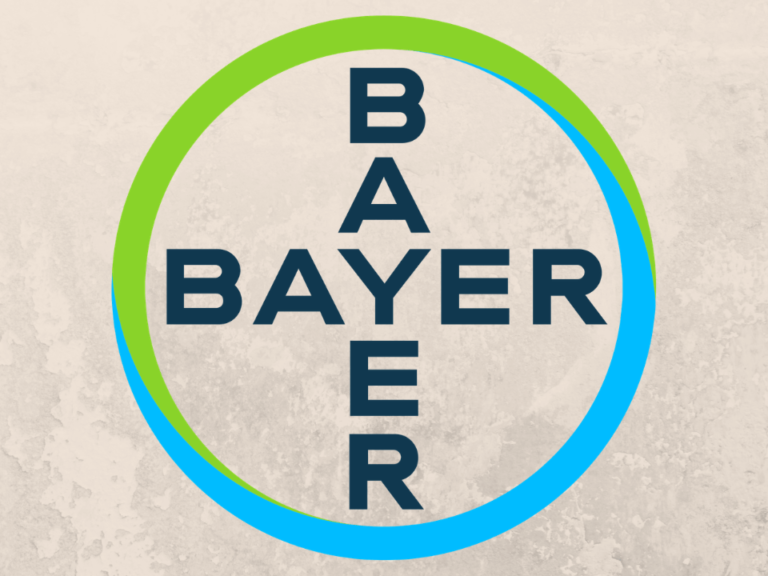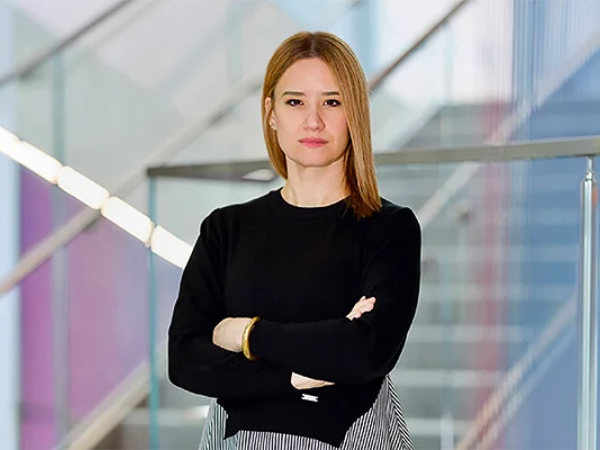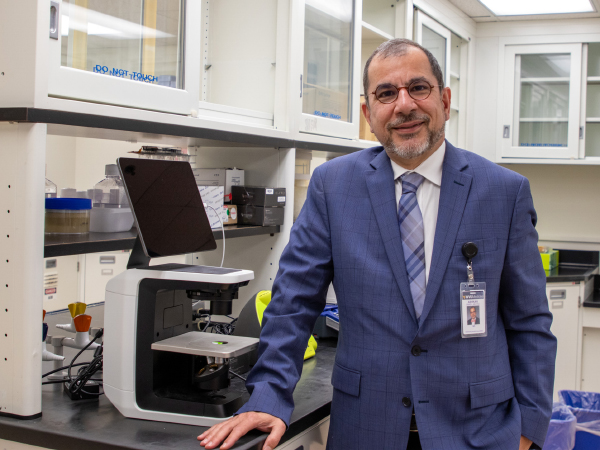After three rounds of competition — one of which involved a public vote — a software tool developed by researchers at Fred Hutchinson Cancer Research Center and the University of Basel to track Zika, Ebola and other viral disease outbreaks in real time has won the first-ever international Open Science Prize.
Fred Hutch evolutionary biologist Trevor Bedford and physicist and computational biologist Richard Neher of the Biozentum Center for Molecular Life Studies in Basel, Switzerland, designed a prototype called nextstrain to analyze and track genetic mutations during the Ebola and Zika outbreaks.
Using the platform Bedford and Neher built, anyone can download the source code from the public-access code-sharing site GitHub, run genetic sequencing data for the outbreak they are following through the pipeline and build a web page showing a phylogenetic tree, or genetic history of the outbreak, in a few minutes, Bedford said.
He and Neher envision the tool as adaptable for any virus — a goal to which they will apply the $230,000 prize announced today by its three sponsors, the U.S. National Institutes of Health, the British-based charitable foundation Wellcome Trust and the U.S.-based Howard Hughes Medical Institute.
“Everyone is doing sequencing, but most people aren’t able to analyze their sequences as well or as quickly as they might want to,” Bedford said. “We’re trying to fill in this gap so that the World Health Organization or the U.S. Centers for Disease Control and Prevention — or whoever — can have better analysis tools to do what they do. We’re hoping that will get our software in the hands of a lot of people.”
For now, the tool is easy to use for Zika and Ebola. (The researchers also built a separate platform called nextflu for influenza.) But adapting the platform for other pathogens still involves a fair amount of work and technical skill, so Bedford is working with a web developer to “get that bar down so it will be easier to have this built out for other things.”
By lowering the technical bar, he and Neher hope to nudge researchers to overcome another obstacle: a longstanding reluctance to share data. That is also a goal of the Open Science Prize. Bedford and Neher were among six teams of finalists chosen in May from 96 entries representing 450 innovators and 45 countries.










